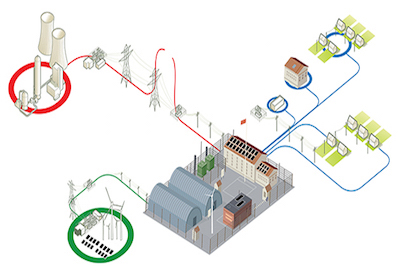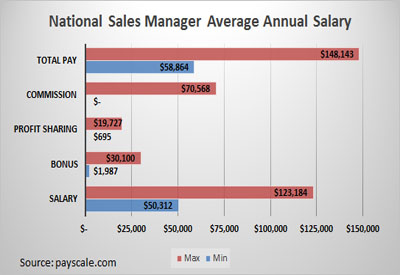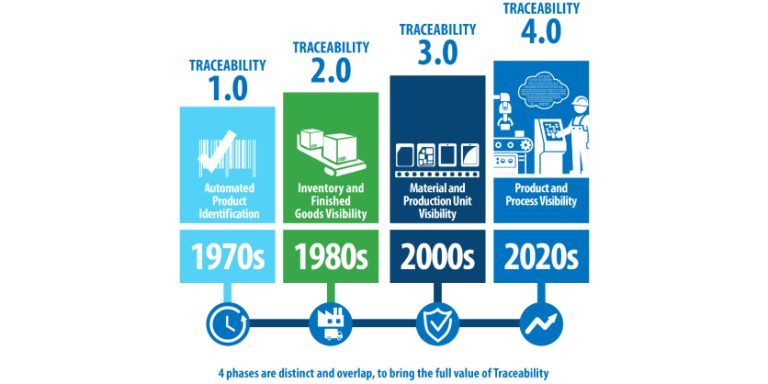Aggregating Distributed Energy Resources — The Key to a Sustainable Energy Revolution?

June 12, 2017
By Mark Winfield
The large-scale electrification of transportation and other energy-based services is widely seen as an important element of efforts to reduce significantly greenhouse gas emissions from the combustion of fossil fuels. Major reductions in greenhouse gas emissions will be essential to meeting the requirements of the Paris Climate Change Agreement and preventing what the Intergovernmental Panel on Climate Change has termed “dangerous” climate change.
The focus on electrification has emerged at a time of three major technological revolutions in the electricity industry. Over the past decade we have witnessed dramatic declines in the costs of renewable energy technologies, particularly wind, and solar photovoltaic (PV) and thermal technologies, while the performance of these technologies has been improving. Similar developments have been occurring around energy storage technologies. Batteries, mechanical systems like compressed air and flywheels, as well thermal and gas-based technologies, have been seeing significant breakthroughs in cost and technological performance. Finally, the emergence of “smart” electricity grids, through the digitization of communications and control systems, has the potential to lead to more adaptive and resilient electricity systems. Such systems will be better able to coordinate and integrate smaller scale and geographically distributed energy generation and storage technologies into reliable grid scale resources.
These three developments have the potential to make energy systems more environmentally and economically sustainable than is currently the case. They will be able to make better use of renewable low-carbon energy sources, be more reliable and resilient through the greater us of distributed and technologically diverse energy sources, have greater ability to adapt to changing circumstances and needs, and have the potential to offer greater control to consumers.
The technological elements needed to realize this potential are coming together rapidly. The required policy and institutional arrangements are evolving much more slowly. The full attainment of the sustainable energy potential of low-impact renewable energy technologies, new energy storage systems and smart grids will require new business models for utilities, and the recognition of new types of actors and service providers in energy markets and systems.
A key focus of discussions in the United States and Europe around these developments has been the issue of aggregation services — the coordination and integration of distributed energy production and storage resources, such as rooftop solar PV systems, household or commercial building scale energy storage systems, like Tesla Powerwalls, and electric vehicles with substantial battery storage capacity, into useful resources at the local, regional and national levels.
The issue has a number of dimensions. Information and communications technologies are needed to monitor, control and coordinate distributed resources. Technological developments in this area are moving rapidly. The questions of who will provide these integration and coordination services for distributed generation and storage systems, and how they will be paid to provide them are emerging as significant challenges. Except for limited purposes like peak demand shaving, distributed resource aggregation functions fall outside of the current rules for electricity systems in North America and Europe.
There are generally no structures for offering bundles of services as energy suppliers, managing and coordinating cumulative output of distributed generation and storage when more electricity is needed, conservation and demand management resources, reducing grid demand by relying on distributed generating and storage capacity, and ancillary services like grid frequency and voltage regulation. Nor is it clear how someone would be paid for providing these sorts of coordination and integration services.
The issue of the role of aggregation services is now moving to the forefront of the future design of electricity markets and systems. A paper issued by U.S. Federal Energy Regulatory Commission (FERC) just before the arrival of the Trump Administration proposed that aggregators of distributed generation and storage resources be treated as a new form of actor in electricity markets, with appropriate mechanisms to pay for their services. Similar proposals are being discussed in Germany as part of its Energiewende or energy transition.
Here in Canada, Ontario’s local hydro companies (a.k.a. local distribution companies or LDCs), have proposed that they be permitted to function as “fully integrated network orchestrators (FINOs)” in relation to these kinds of activities, something which the current electricity market rules in Ontario do not fully enable them to do. Some of Ontario’s LDCs have been in the forefront of efforts to integrate and coordinate household level renewable energy generation and energy storage technologies. A technological revolution in energy systems is now underway. How governments respond to these developments will have a major impact on the shape of future energy systems, and their role enabling us to meet the goals of the Paris Agreements.
Mark S. Winfield is a Professor of Environmental Studies at York University. Research for this article was conducted as part of the Natural Sciences and Engineering Research Council (NSERC) funded Network on Storage Technology (NEST) project.











